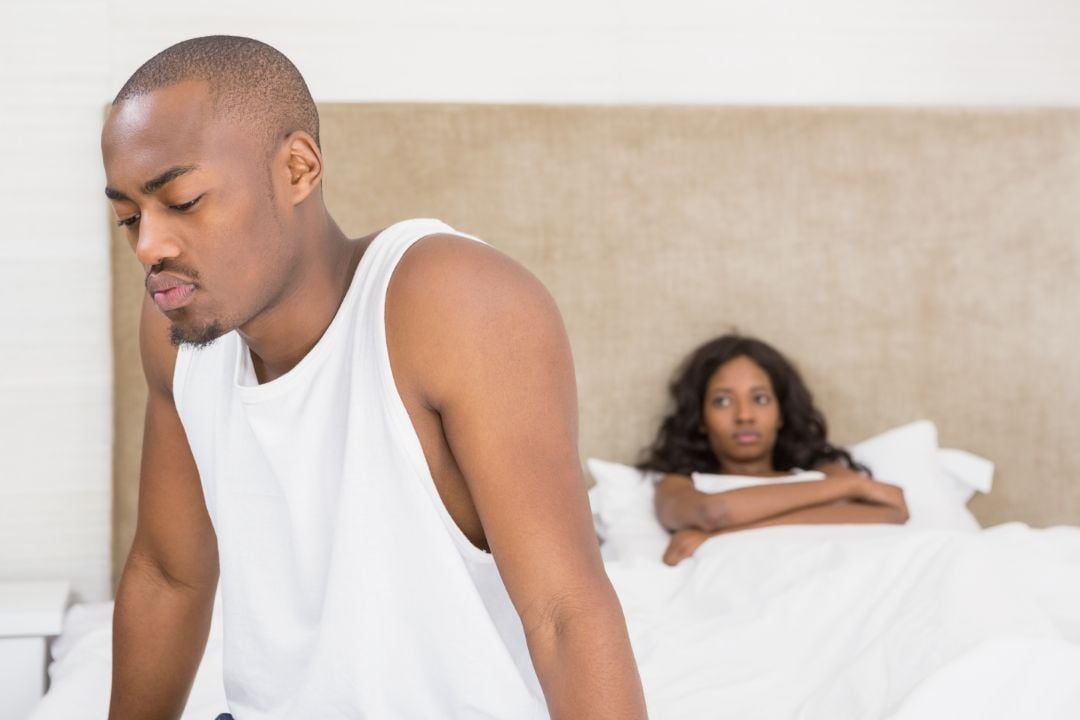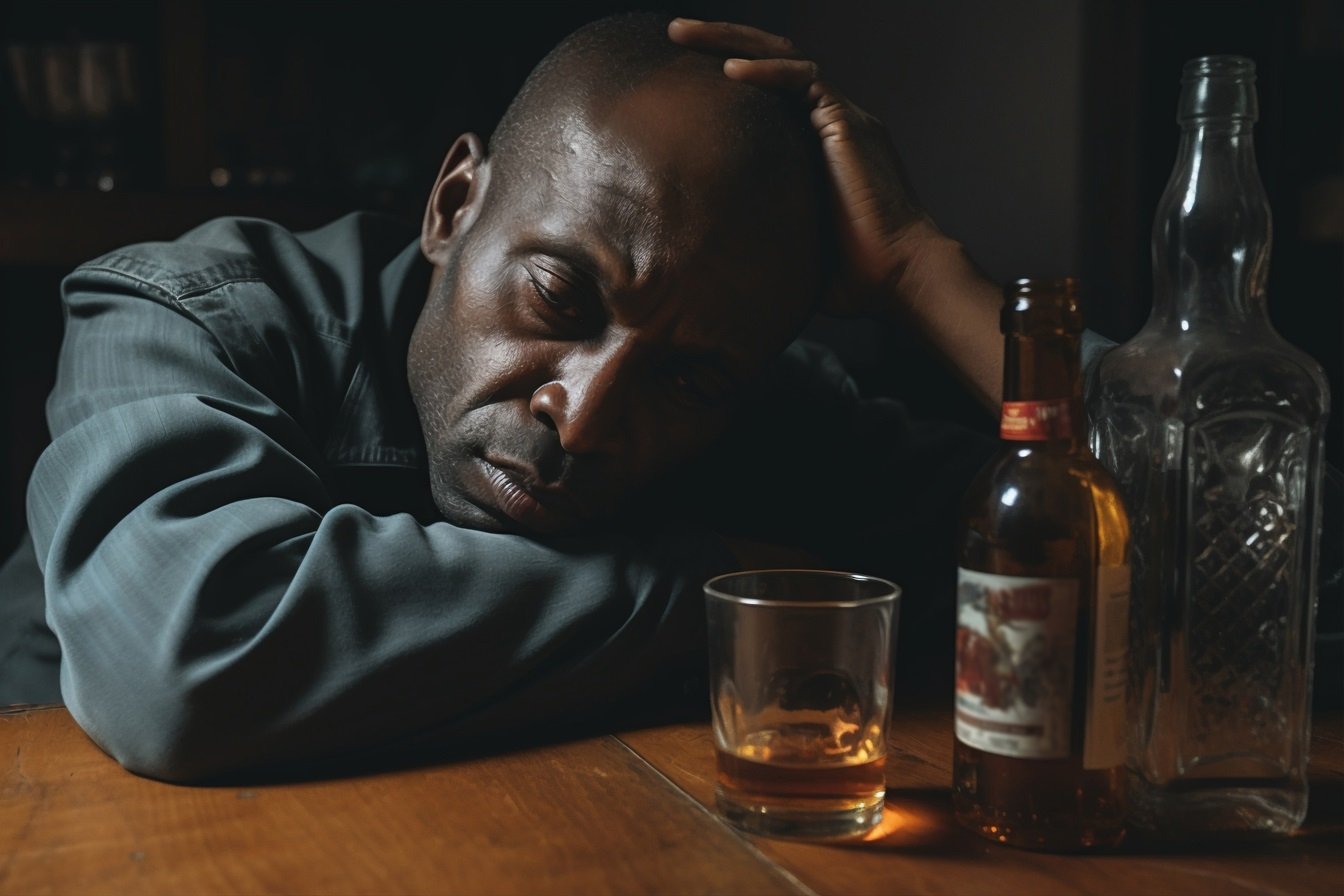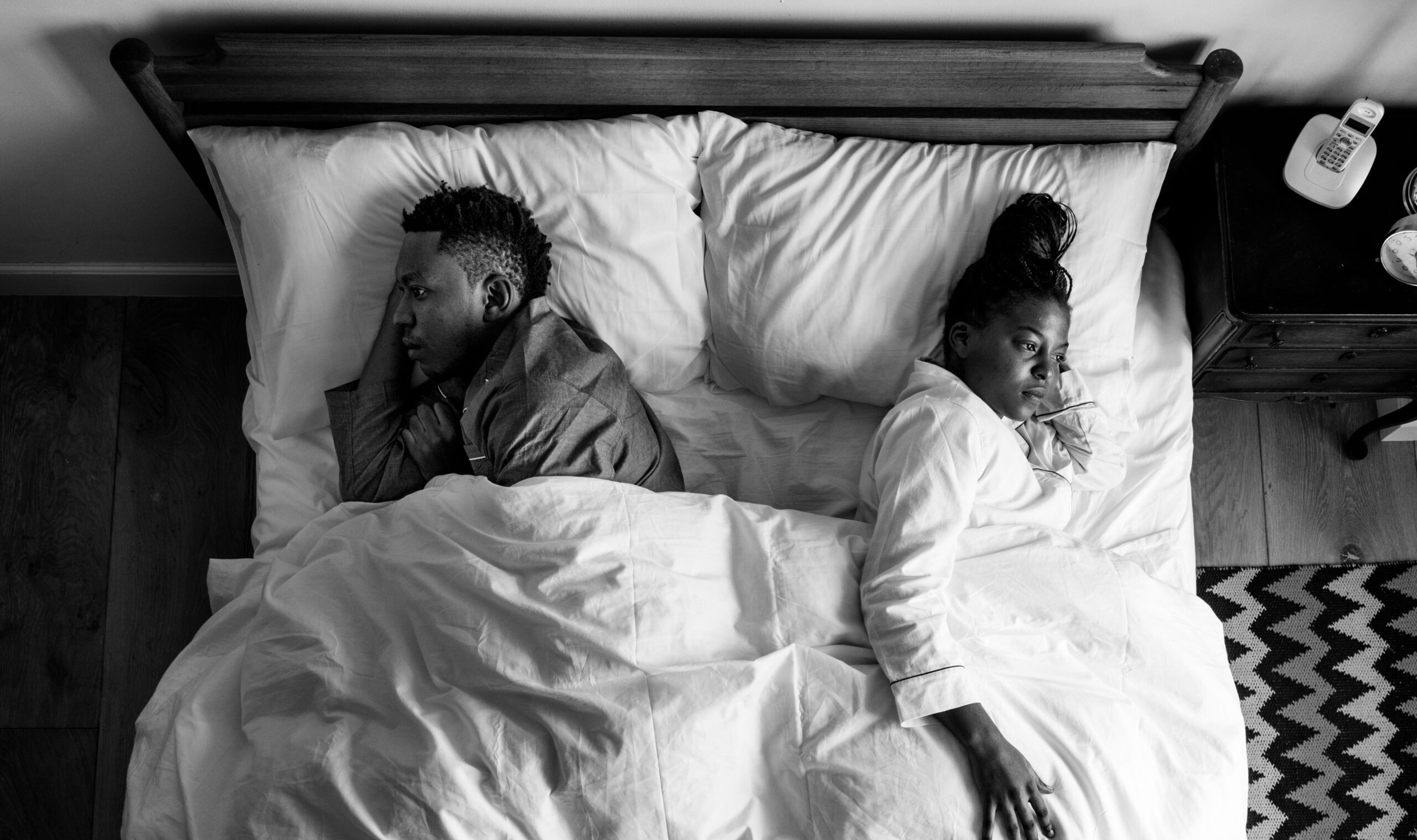From puberty to old age, men’s sexual health sees some dramatic changes as they age. Men’s libido, or the desire for sex, typically declines with age.
A 2019 research of over 12,000 males aged 45 indicated that roughly 1 in 20 reported having poor libido or reduced sexual desire. But since men’s sex drives differ, how low is too low?
The important thing is that low libido is annoying, says a urologist and expert on men’s sexual health at Cleveland Clinic Petar Bajic, MD. “There isn’t any type of universally agreed upon definition of low libido.
What is unpleasant then? It might be okay to overlook your decreased sex drive if it’s not an indication of a serious health problem and you don’t let it “bother” you.
However, it could be time to get some support if low libido leads to personal anxiety, sadness, or relationship stress.
This partially depends on how long it lasts. According to Bajic, it’s common to temporarily lose interest in sex.
Your libido may decline, for instance, if you didn’t get enough sleep the night before or if you’re healing from an injury.
According to Bajic, having sex might not be your first priority if you fractured your leg.
However, you should visit a doctor if your lack of interest in sex continues long enough to become bothersome.
Low libido and by extension your sexual health may be crucial for the well-being of your romantic relationships as well as your physical and mental health. “If you’re a couple, it affects both of you,” claims Bajic.
Low Libido: What Is It?
Let’s first discuss what low libido is and isn’t before talking about its causes. Sexual health terms like erectile dysfunction, or ED, and low libido are frequently confused in men.
ED is the inability to achieve or maintain an erection, according to UCLA Health urologist Rajiv Jayadevan, MD.
Your libido is merely your sexual drive. While ED and decreased libido may coexist and are frequently connected, Jayadevan argues that these are two very different issues.
Your total physical health, including your genes and hormones like testosterone, affects your sexual health and by extension, your libido in some way.
But not everything is biological. Your interest in sex is influenced by both physical and psychological variables, such as chronic illness and psychological issues like stress and anxiety.
According to Jayadevan, the desire for sex does naturally decline to some level as we get older, but there’s no reason it has to stop entirely, even in your 60s, 70s, and beyond.
Is low testosterone level to Blame?
Males primarily use testosterone as a sex hormone. Some men’s libidos can decline due to low testosterone levels.
However, not every male will experience a decrease in sexual desire as a result of this. Also, the fall in sex drive may not concern some older guys.
Your doctor might start by checking your testosterone level if low libido is a problem. If it’s low, there is an obvious fix.
If testosterone is the problem, Bajic explains, “We can give them the testosterone that their body isn’t producing.” Within a few weeks of beginning this replacement therapy, the sex drive of the majority of men will begin to increase.
Men’s testosterone levels decline as they get older. Additionally, it declines in men with unhealthy weight levels and males with type 2 diabetes.
In actuality, up to 35% of men over 45 have hypogonadism or low testosterone.
On a blood test, a man’s testosterone level typically ranges between 300 and 1,000 nanograms per deciliter.
If you have hypogonadism symptoms, which include poor libido, your doctor may consider levels under 300 to be low.
How Do Smoking and Chronic Disease Affect Libido?
Men tend to have more chronic illnesses like diabetes and heart disease after they reach their 60s. These may also have an impact on sex drive.
How? You may ask. Some men’s testosterone levels can be decreased by both diabetes and heart disease.
These conditions can also cause ED because they alter the blood arteries in your penis, which makes it harder to get or keep an erection.
Smoking appears to have a comparable impact on sexual health, however, researchers are yet unsure of the exact reason why.
Nearly two times as many male smokers between the ages of 40 and 70 will develop ED.
Additionally, although ED and libido are two distinct conditions, they are frequently linked since men with ED frequently lose interest in having sex.
According to Bajic, “If a man tries and fails multiple times, that may decrease his desire to even attempt sex.” Often, treating ED and its causes will help to restore libido. “A healthy body will lead to good sexual health,” asserts Bajic.
Libido and Psychology? Is it all in my head?
Men’s loss of libido is also influenced by mental health disorders. Younger men, for whom low testosterone levels are less likely, are particularly affected by this.
The issue could arise between you and your partner or it could be a personal issue like sadness, anxiety, or a drug or alcohol addiction.
Particularly with younger guys, “We frequently involve a sex therapist to tease apart how mental health and personal experiences can contribute to low libido,” adds Bajic. “I can’t stress enough how crucial that is.” Sometimes the problem is simply having too much mental stress.
Numerous factors, including big changes at work or school or problems in the family, might contribute to stress.
Numerous psychological philosophies address both problems with one’s own mental health and interpersonal dynamics.
Conflict, for instance, can impede sexual desire in a close relationship.
In that situation, Bajic prefers to include both individuals in counseling. Having both spouses there for the dialogue can be quite illuminating, he claims. “Involving a couples therapist in this situation is definitely appropriate.” Consult your doctor for advice on a good place to start for you or perhaps you two.
What Effect Do Drugs Have on Libido?
Some mental health conditions may be treated by medication prescribed by your doctor. The unfortunate truth is that these drugs commonly cause reduced libido as well.
For instance, SSRIs, a popular class of medication used to treat both anxiety and depression, are well known for having sexual adverse effects, such as libido reduction.
“I’ve had patients on SSRIs describe a numbness towards sexual activity, where they just feel no pleasure from it,” claims Jayadevan.
It’s not just SSRIs, either. The majority of antidepressants, antipsychotics, and psychiatric drugs in general may have a detrimental effect on libido.
How can you help?
Speak with your healthcare physician.
Alternative drugs with fewer adverse effects may be available. Compared to SSRIs, the antidepressant bupropion (Wellbutrin) appears to increase libido in some males.
Finasteride (Propecia, Proscar, Entadfi) is another drug that can inhibit sex drive.
Male pattern baldness or benign prostatic hyperplasia, also known as BPH, are two conditions for which it is frequently recommended.
“I see a lot of men who experience low libido and erectile dysfunction due to this commonly prescribed medication,” claims Bajic. Consult your physician. There are many other alternatives.
What Effect Does Sleep Have on Sex Drive?
Another major libido killer is lack of sleep. And it doesn’t only affect older males.
The lengthy hours that young men put into their employment, according to Jayadevan, have caused them to lose their libido.
He frequently sees these men when they begin their careers. “I see a lot of men who say they’re so tired they’re just not interested in sex anymore,” he claims. Obstructive sleep apnea may also be a concern.
Your breathing is constantly interrupted by this chronic disease, which makes it challenging to fall asleep deeply and peacefully.
The end result is daytime exhaustion, which can reduce your sex desire.
Another potential factor contributing to sleep apnea’s ability to influence sex drive is its association with lower testosterone levels.
If any of the following apply to you:
- You are having problems falling asleep
- You’re constantly worn out during the day
- Your spouse claims that you snore loudly or briefly stop breathing during the course of the night.
Your doctor could advise a nighttime sleep study. As you sleep, it monitors your heart rate, brain activity, oxygen level, and more.
Treatment for sleep apnea, if your doctor identifies it, can help you regain your sexual desire.
Jayadevan cites a patient of his who was being treated for sleep apnea and was in his mid-50s. He says that a month later, his libido had returned to its mid-20s level.
How Can You Help?
Recognizing the issue and discussing it with your doctor are the two initial steps that are most crucial.
Read more on: Low sex drive at old age. Are you at risk?
That can be challenging for some males. Don’t be embarrassed to discuss these issues, advises Bajic.
There are highly efficient options, and they are very prevalent. A physical examination is a wonderful place to begin.
A complete evaluation of your health, including hormone levels and mental health, should be discussed with your doctor, advises Bajic.
Inform them of any medications you are taking as well as any negative effects you have experienced.
Follow your doctor’s advice for treatment or medicine, and inform them of any side effects.
If you smoke, think about giving it up. Smoking can lower libido and is a cause of ED and conditions that lead to ED.
You can find a quitting strategy that works for you with the aid of your doctor.
Last but not least, Bajic advises remembering the value of a balanced diet and consistent exercise, which can enhance both physical and mental health and result in better sex life.





